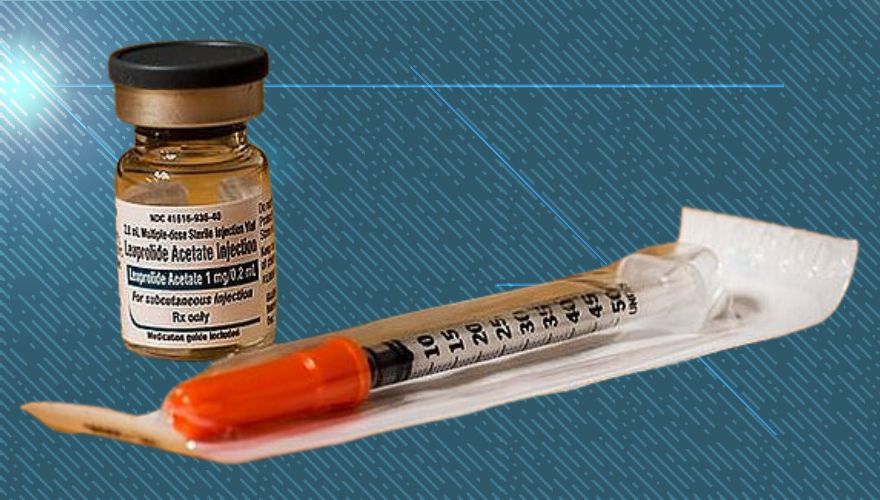Gender dysphoria is a condition where a person experiences discomfort or distress caused by their biological sex and how they see themselves regarding their gender, NHS says. Puberty blockers, a common treatment following diagnosis of gender dysphoria, block puberty hormone receptors to prevent the release of puberty inducing hormones to thwart the development of secondary sex characteristics, like breasts and facial hair. After forming a commission to review nine observational studies, health officials found there was “no statistically significant difference in gender dysphoria, mental health, body image and psychosocial functioning in children and adolescents” treated with puberty blockers. “NHS England has carefully considered the evidence review conducted by [the National Institute for Health and Care Excellence (NICE)] and has identified and reviewed further published evidence available to date,” officials said in a statement announcing the updated guidance. “We have concluded that there is not enough evidence to support the safety or clinical effectiveness of [puberty blockers] to make the treatment routinely available at this time,” they added. Children can still receive puberty blockers through some private practices, as well as if they are taking part in clinical research trials. However, bills are being floated that would ban the use of puberty blockers in private practices. The policy change has been widely criticized by LGBTQ+ groups. Mermaids, an organization that advocates for sex change procedures for children, says the move is “deeply disappointing, and a further restriction of support offered to trans children and young people through the NHS.” “All trans young people deserve access to high quality, timely healthcare,” a spokesperson from U.K.-based advocacy organization Stonewall said. “For some, an important part of this care comes in the form of puberty blockers, a reversible treatment that delays the onset of puberty, prescribed by expert endocrinologists, giving the young person extra time to evaluate their next steps.” Maria Caulfield, the British Parliamentary Under-Secretary of State for Mental Health and Women's Health Strategy, hailed the updated guidance as a win. “We welcome this landmark decision by the NHS to end the routine prescription of puberty blockers and this guidance which recognizes that care must be based on evidence, expert clinical opinion and in the best interests of the child,” she said. “The NHS must ensure its Gender Identity Services protect, support and act in the best interests of children and we will continue to work with NHS England to protect children in this area.”Children will no longer be able to receive puberty blocker hormones at England clinics, the National Health Service (NHS) of England has said.
Culture Wars /
NHS England Bans Puberty Blockers For Children
Health officials say there is 'no statistically significant difference' in outcomes after the treatment

*For corrections please email [email protected]*
